Guillain Barre Syndrome (GBS) Causes, Symptoms & More
 Article Sources
Article Sources
- 1. 'Guillain-Barre Syndrome Fact Sheet' National Institute of Neurological Disorders and Stroke, https://www.ninds.nih.gov/disorders/patient-caregiver-education/fact-sheets/Guillain-barr%C3%A9-syndrome-fact-sheet
- 2. 'Guillain-Barre Syndrome' World Health Organization, https://www.who.int/news-room/fact-sheets/detail/guillain-barr%C3%A9-syndrome
- 3. 'Recently Diagnosed GBS: Everything You Need to Know' GBS/CIDP Foundation International, https://www.gbs-cidp.org/gbs/all-about-gbs/
- 4. 'Guillain-Barre Syndrome' National Organization for Rare Disorders, https://rarediseases.org/rare-diseases/guillain-barre-syndrome/
- 5. 'Guillain-Barre Syndrome and Vaccines' Centers for Disease Control and Prevention, https://www.cdc.gov/vaccinesafety/concerns/guillain-barre-syndrome.html
- 6. 'Guillain-Barre Syndrome' Beth Israel Lahey Health Winchester Hospital, https://www.winchesterhospital.org/health-library/article?id=22825
- 7. 'Multiple sclerosis vs. Guillain-Barre syndrome: Differences in symptoms, causes, and treatment' Bel Marra Health, https://www.belmarrahealth.com/multiple-sclerosis-vs-guillain-barre-syndrome-differences-in-symptoms-causes-and-treatment/
- 8. 'Chronic Inflammatory Demyelinating Polyneuropathy' National Organization for Rare Disorders, https://rarediseases.org/rare-diseases/chronic-inflammatory-demyelinating-polyneuropathy/
In Guillain-Barre Syndrome (GBS), the body’s immune system attacks the peripheral nervous system, which transmits physical sensations and manages muscle movement. GBS symptoms often develop and worsen quickly.
The severity of GBS ranges from mild to life-threatening. Fortunately, it’s a very rare condition and, most often, short-lived. One in 100,000 people is estimated to contract GBS annually, according to the U.S. National Institute of Neurological Disorders and Stroke.1‘Guillain-Barre Syndrome Fact Sheet’ National Institute of Neurological Disorders and Stroke, https://www.ninds.nih.gov/disorders/patient-caregiver-education/fact-sheets/Guillain-barr%C3%A9-syndrome-fact-sheet However, severe cases can cause debilitating symptoms, like breathing difficulties, and require intensive hospital inpatient care. In some cases, individuals affected by GBS suffer long-term or permanent nerve damage.
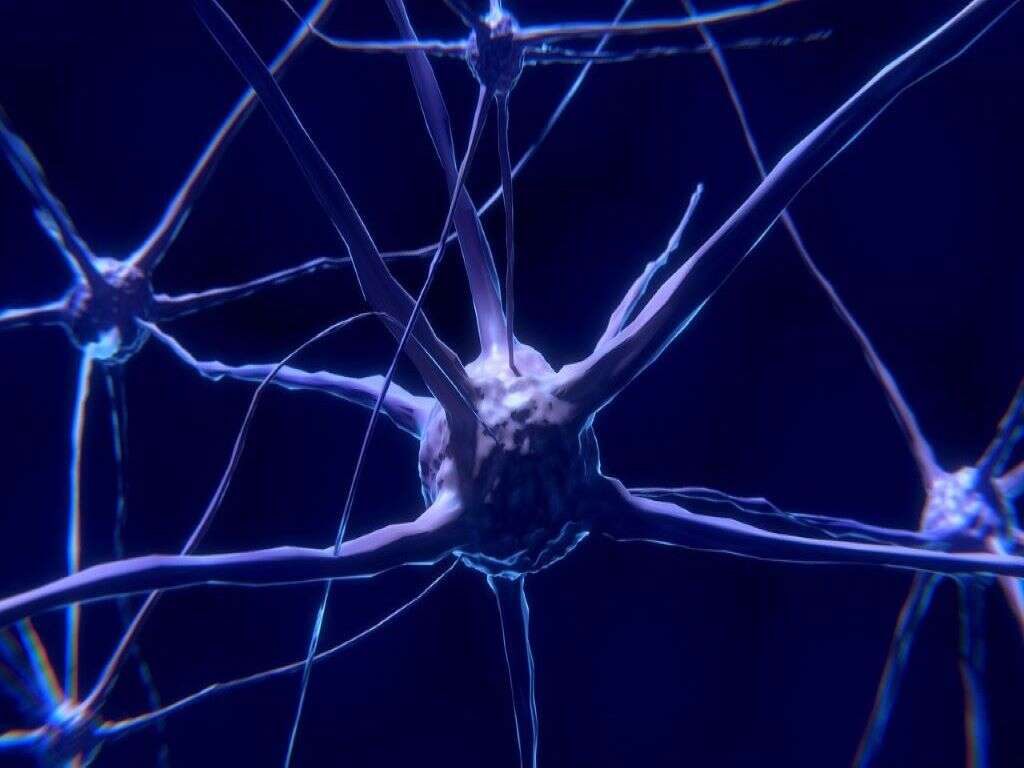
1. GBS Symptoms
Most cases of GBS start with tingling sensations in the feet, which then spreads to the upper body and arms. This is often paired with muscle weakness in the affected areas. Sometimes pain is also present. As the nerve damage spreads, it becomes difficult to lift things, stand, walk or climb stairs. Onset can take hours, days or weeks.
Other symptoms include double vision, difficulty with bladder control or bowel function, and changes in blood pressure or heart rate. Breathing becomes difficult in about 20 to 30 percent of sufferers.2‘Guillain-Barre Syndrome’ World Health Organization, https://www.who.int/news-room/fact-sheets/detail/guillain-barr%C3%A9-syndrome

2. Causes of GBS
The precise cause of GBS is unknown. As an autoimmune disease, GBS makes the immune system attack healthy nerves and recent viral or bacterial infections may play a part.3‘Recently Diagnosed GBS: Everything You Need to Know’ GBS/CIDP Foundation International, https://www.gbs-cidp.org/gbs/all-about-gbs/ Food poisoning, the flu and Zika virus disease are some infections that may trigger a person’s immune system, leading to the syndrome.
In rare cases, surgery and vaccinations have triggered GBS. Hepatitis E, COVID-19 and Epstein-Barr are viruses that have preceded GBS.4‘Guillain-Barre Syndrome’ National Organization for Rare Disorders, https://rarediseases.org/rare-diseases/guillain-barre-syndrome/ However, people cannot catch GBS from someone who has it, nor inherit it from a relative.
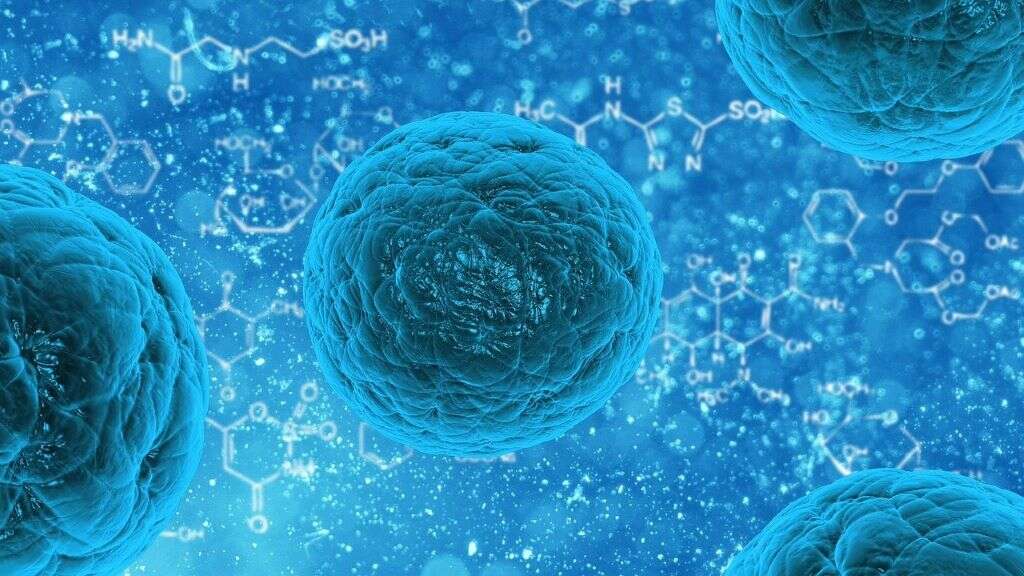
3. Diagnosing GBS
An assessment of the patient’s symptoms and medical history is the first step in diagnosing GBS. How quickly the symptoms have progressed and the presence of the unusual sensations on both sides of the body are key factors.
A nerve conduction velocity test (NCV) may be applied to determine whether the person’s reflexes are impacted. The doctor may also perform a lumbar puncture or spinal tap. The spinal fluid is then tested for a low white blood cell count and higher than usual protein levels.
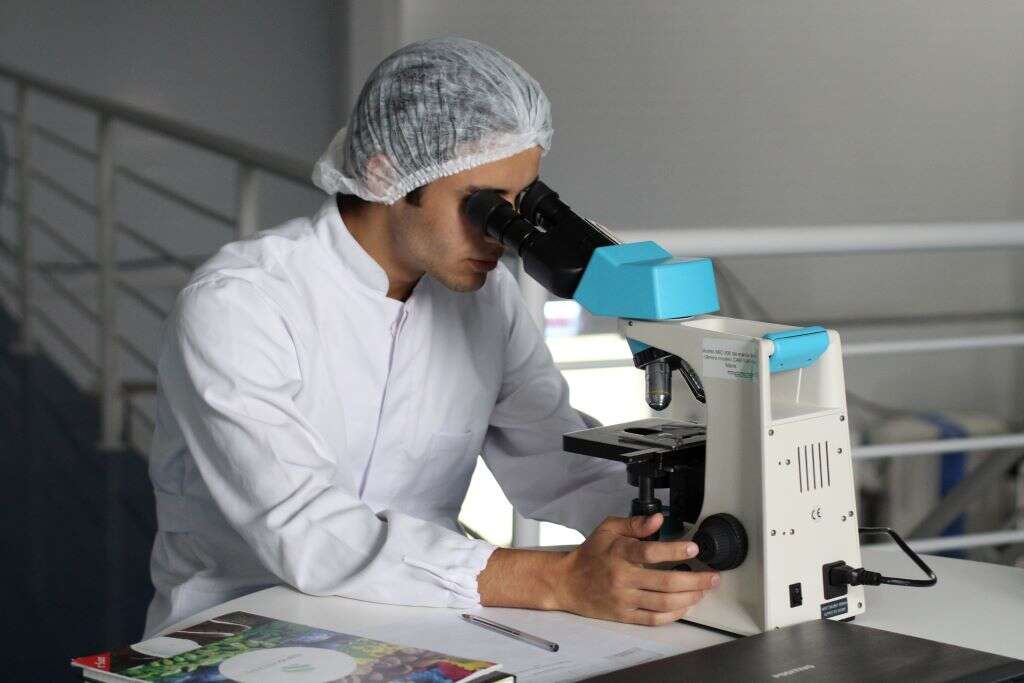
4. Common GBS Treatments and Therapies
Currently, GBS cannot be cured. Yet, early medical intervention is very important. Hospitalization allows medical professionals to monitor symptoms and provide crucial care right away. Because pulse, blood pressure and breathing are often detrimentally impacted by GBS, those vitals should be watched closely. A ventilator is often necessary when breathing is impaired.
Plasma exchange (PE), also called plasmapheresis, and intravenous immunoglobulin are common immunotherapy treatments for GBS. They can shorten the course of the disease. Either of these treatments should be used within two weeks of GBS onset.
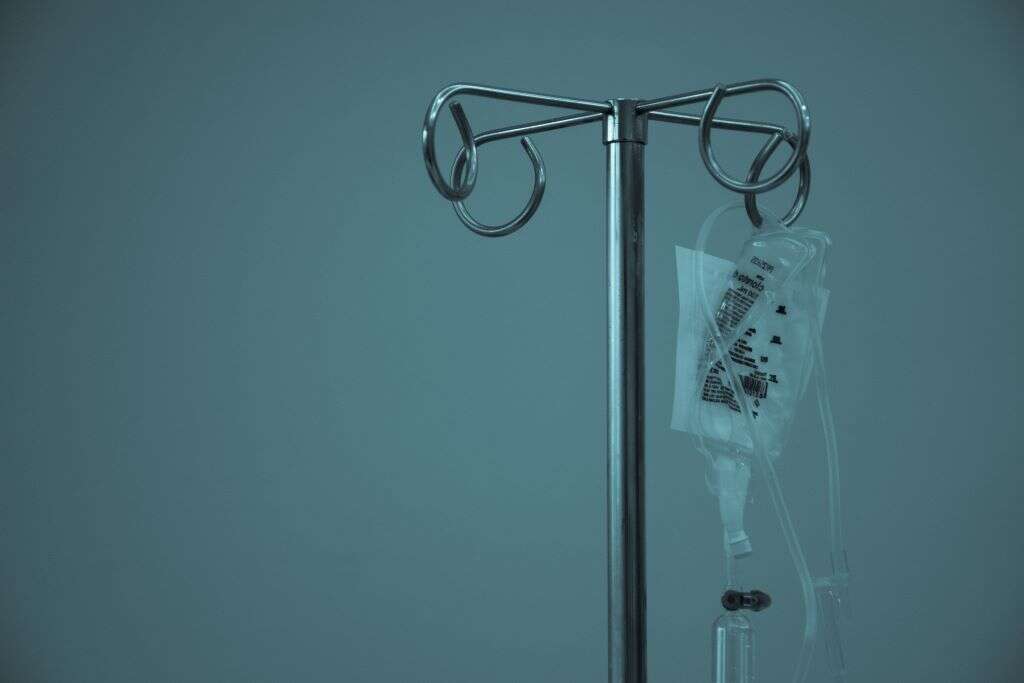
5. Recovering from GBS
Nearly three-fourths of the people with GBS eventually enjoy a full recovery.1‘Guillain-Barre Syndrome Fact Sheet’ National Institute of Neurological Disorders and Stroke, https://www.ninds.nih.gov/disorders/patient-caregiver-education/fact-sheets/Guillain-barr%C3%A9-syndrome-fact-sheet Though recuperation may not begin for weeks or months after the onset of the disease. Some individuals still experience minor symptoms years after their illness. Lingering muscle weakness appears to be the most common lasting effect.
People with severe GBS may need physical therapy and other rehabilitative care to get to maximum recovery. A small percentage endure permanent effects and may need a wheelchair or equipment to aid walking. Less than 5 percent of GBS cases are fatal.
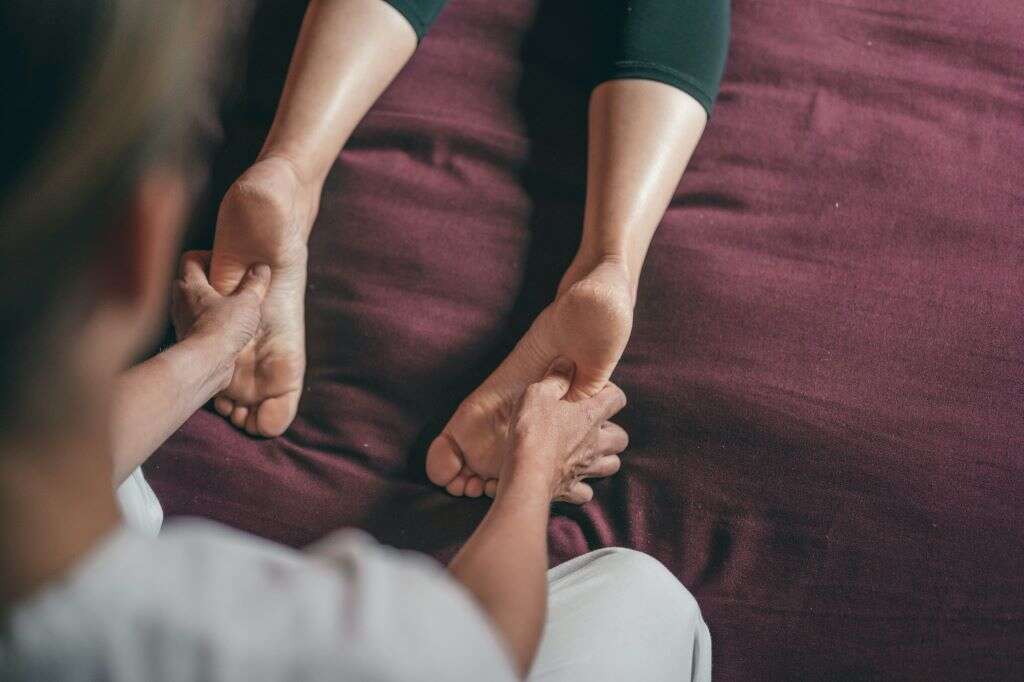
6. Are There GBS Risk Factors?
People of all ages and genders can contract GBS. That said, individuals older than 50 are at a higher risk than younger people. Additionally, men are likely more susceptible than women. Studies indicate an extremely tiny increased risk from the flu vaccine.5‘Guillain-Barre Syndrome and Vaccines’ Centers for Disease Control and Prevention, https://www.cdc.gov/vaccinesafety/concerns/guillain-barre-syndrome.html
Some possible risk factors include recent gastrointestinal or respiratory infections, stress-related disorders and advanced age.6‘Guillain-Barre Syndrome’ Beth Israel Lahey Health Winchester Hospital, https://www.winchesterhospital.org/health-library/article?id=22825 There are no known preventative measures for avoiding GBS. But seeking medical treatment right away can help prevent serious complications and potentially permanent nerve damage.

7. How Similar are GBS and Multiple Sclerosis (MS)?
GBS and MS are autoimmune diseases that attack the patient’s nervous system, specifically the myelin sheath that protects the nerves. Initially, this causes tingling and weakness of the extremities in both disorders. Plus, scientists and medical professionals have not yet discovered the cause of either disease.
GBS targets the peripheral nervous system, while MS attacks the central nervous system. Moreover, MS doesn’t go away and causes nerve cell damage with intermittent flare-ups and/or progressive patterns. Most GBS sufferers recover and don’t have recurrences. MS is far more common than GBS.7‘Multiple sclerosis vs. Guillain-Barre syndrome: Differences in symptoms, causes, and treatment’ Bel Marra Health, https://www.belmarrahealth.com/multiple-sclerosis-vs-guillain-barre-syndrome-differences-in-symptoms-causes-and-treatment/
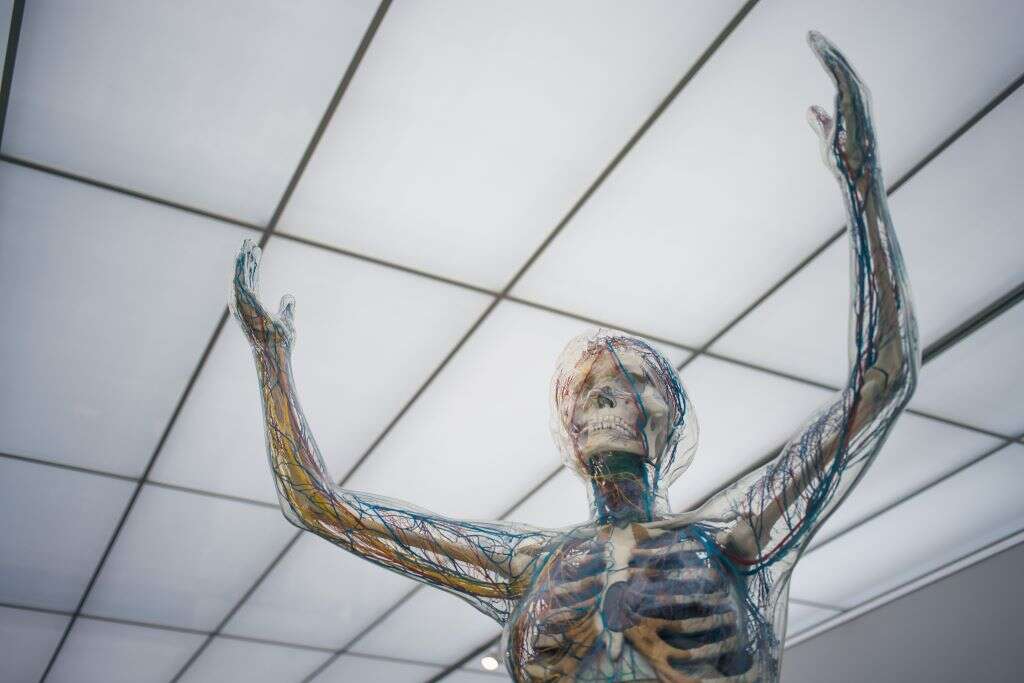
8. GBS Variants
There are four main types of GBS. The most common variant in the United States and Europe is acute inflammatory demyelinating polyradiculoneuropathy (AIDP). Two other forms of GBS are acute motor-sensory axonal neuropathy (AMSAN) and acute motor axonal neuropathy (AMAN). AMSAN typically affects adults, while AMAN is more common amongst children. Both are more prevalent in Mexico, Japan, and China than in the U.S.
Finally, Miller Fisher Syndrome has a distinguishing antibody. It can cause abnormal muscle coordination, muscle weakness, respiratory collapse, and eye muscle paralysis. It occurs most commonly in Asia.

9. What are Some Similar Conditions?
Various other disorders that can be mistaken for GBS. Chronic inflammatory demyelinating polyneuropathy (CIDP) is an autoimmune condition that also damages the peripheral nervous system. Some experts believe this is a chronic form of GBS.8‘Chronic Inflammatory Demyelinating Polyneuropathy’ National Organization for Rare Disorders, https://rarediseases.org/rare-diseases/chronic-inflammatory-demyelinating-polyneuropathy/
Another similar disorder is multifocal motor neuropathy (MMN). Like GBS, it causes muscle weakness in the limbs. But unlike GBS, it typically impacts only one side of the body. Charcot-Marie-Tooth (CMT) disease is a neurological disease that mimics many GBS symptoms. Yet, this is an inherited disease.

10. GBS Research
Numerous organizations are researching GBS to better understand the disorder, discover links and causes and develop effective therapies and treatments. The International Outcome Study (IGOS) is focused on developing new medications to prevent nerve damage. Plus, there are new and ongoing clinical trials focused on this disease.4‘Guillain-Barre Syndrome’ National Organization for Rare Disorders, https://rarediseases.org/rare-diseases/guillain-barre-syndrome/
The National Institute of Neurological Disorders and Stroke (NINDS) is also committed to better understanding neurological disorders, like GBS. It’s exploring the link between infections and the immune system, among other approaches.











